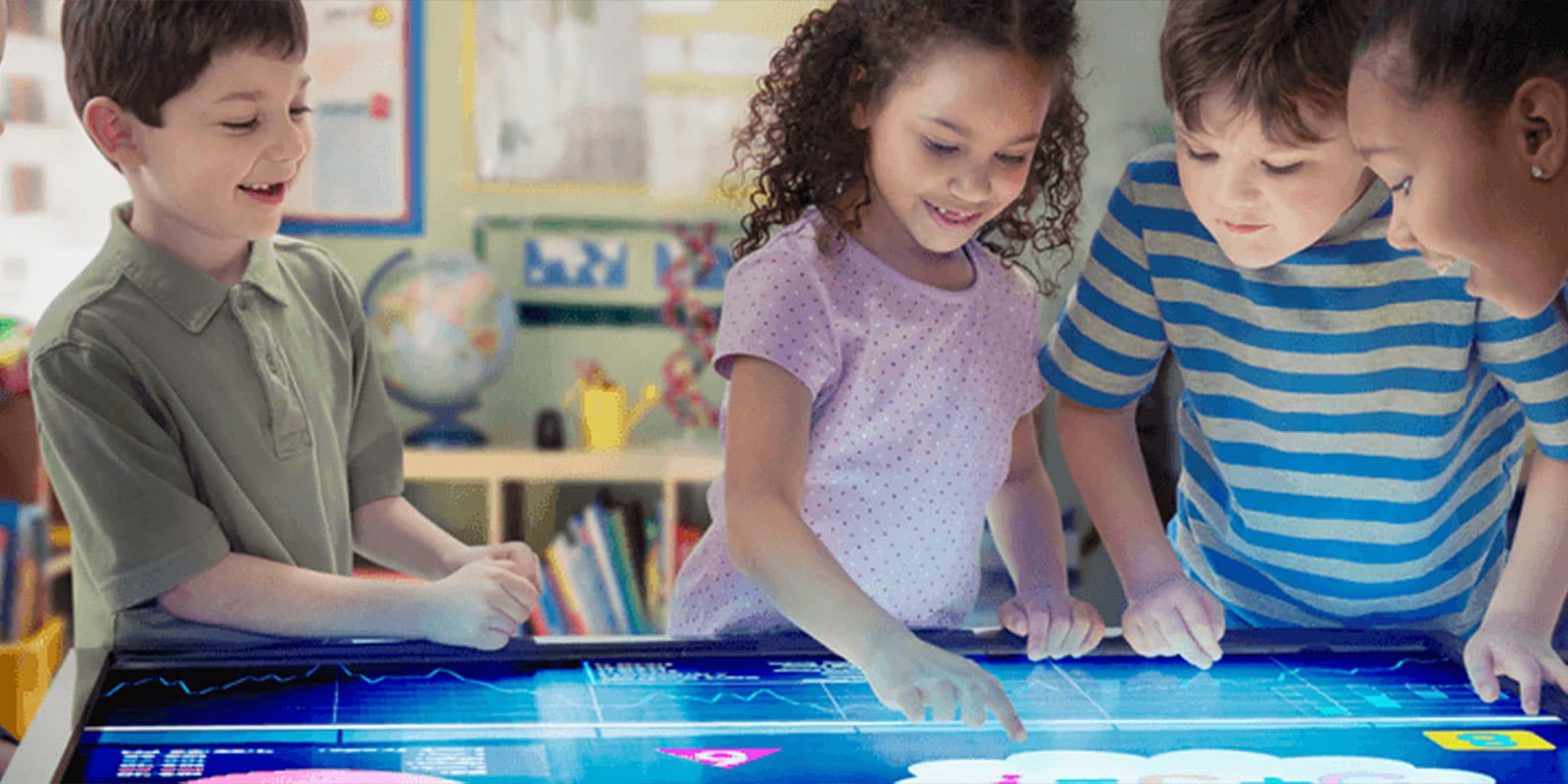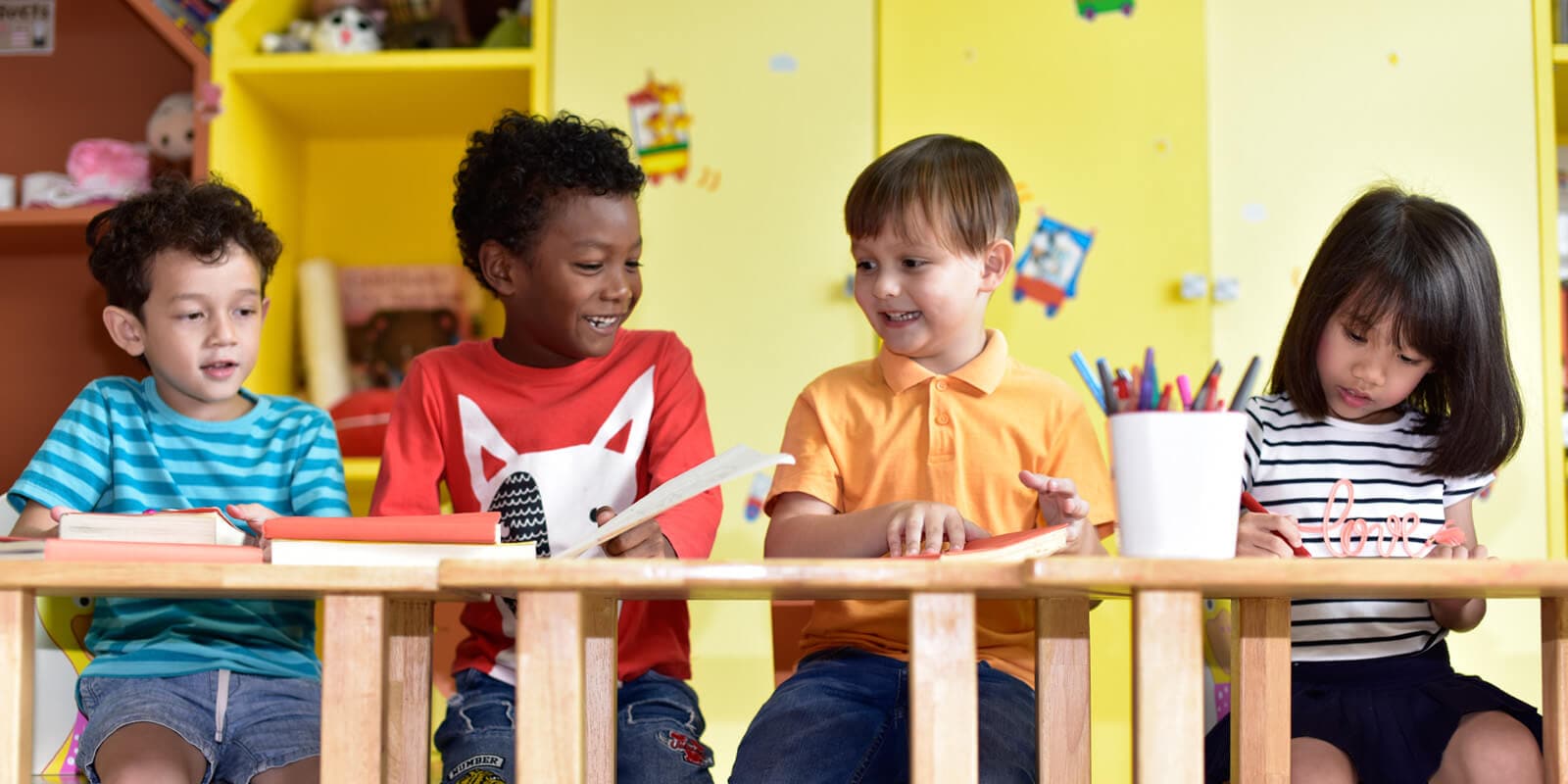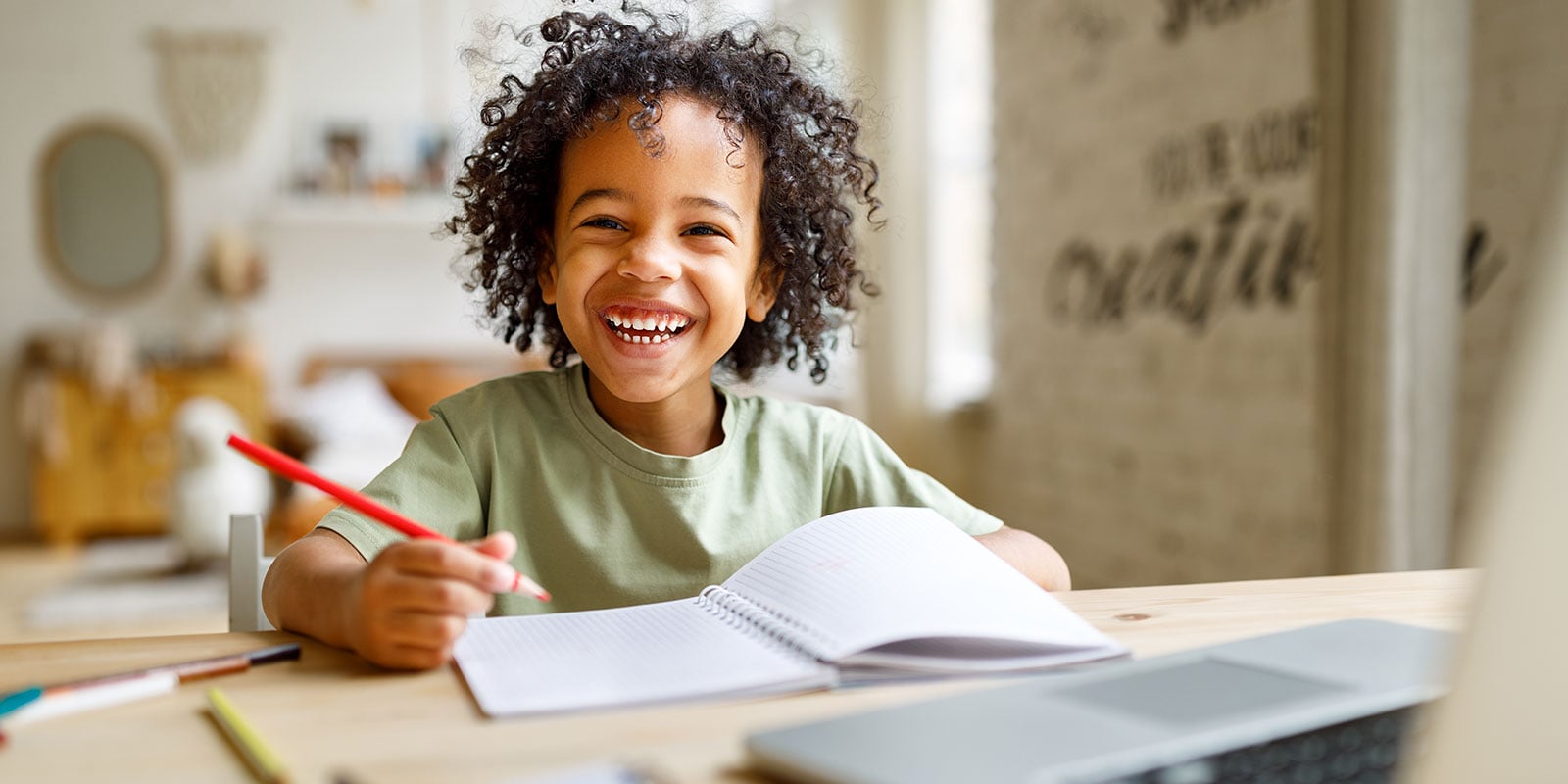Setting the youngest learners up for a bright future
You play a vital role in providing early identification of children at risk due to a delay or deficit — and implementing early intervention. The steps you take with the youngest learners (ages 0–3) in your care are critical to giving them the best start on the path to success, and taking a whole team approach and setting your sights on a whole-child focus will give you the best foundation from which to support them. Our early childhood tools and resources are all developed with the unique needs of the youngest of our learners in mind and can help you write the first chapters (and arguably some of the most important) of their success story!

Resource Guide for Educators
Your Resource Guide includes helpful tips from others in your field and guidance on choosing the right tools for your setting. Learn more about our assessments and other resources for supporting educators!

4 ways to jump-start early education success
Explore four empowering conversations educators can have with caregivers to support young learners’ growth and development.
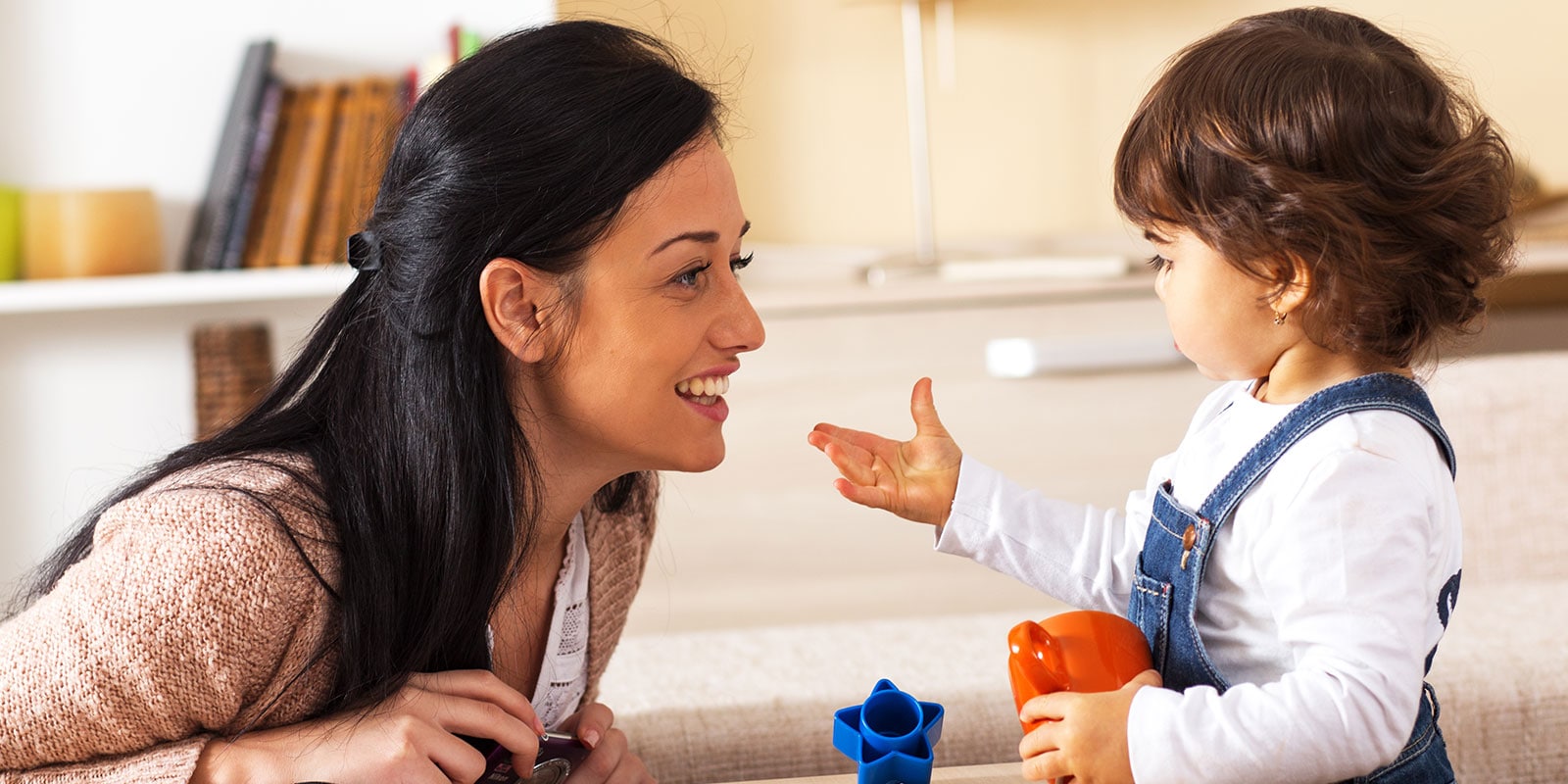
Nurturing early childhood development at home and at school
Discover and fortify the key building blocks that contribute to early childhood accomplishment and confidence.
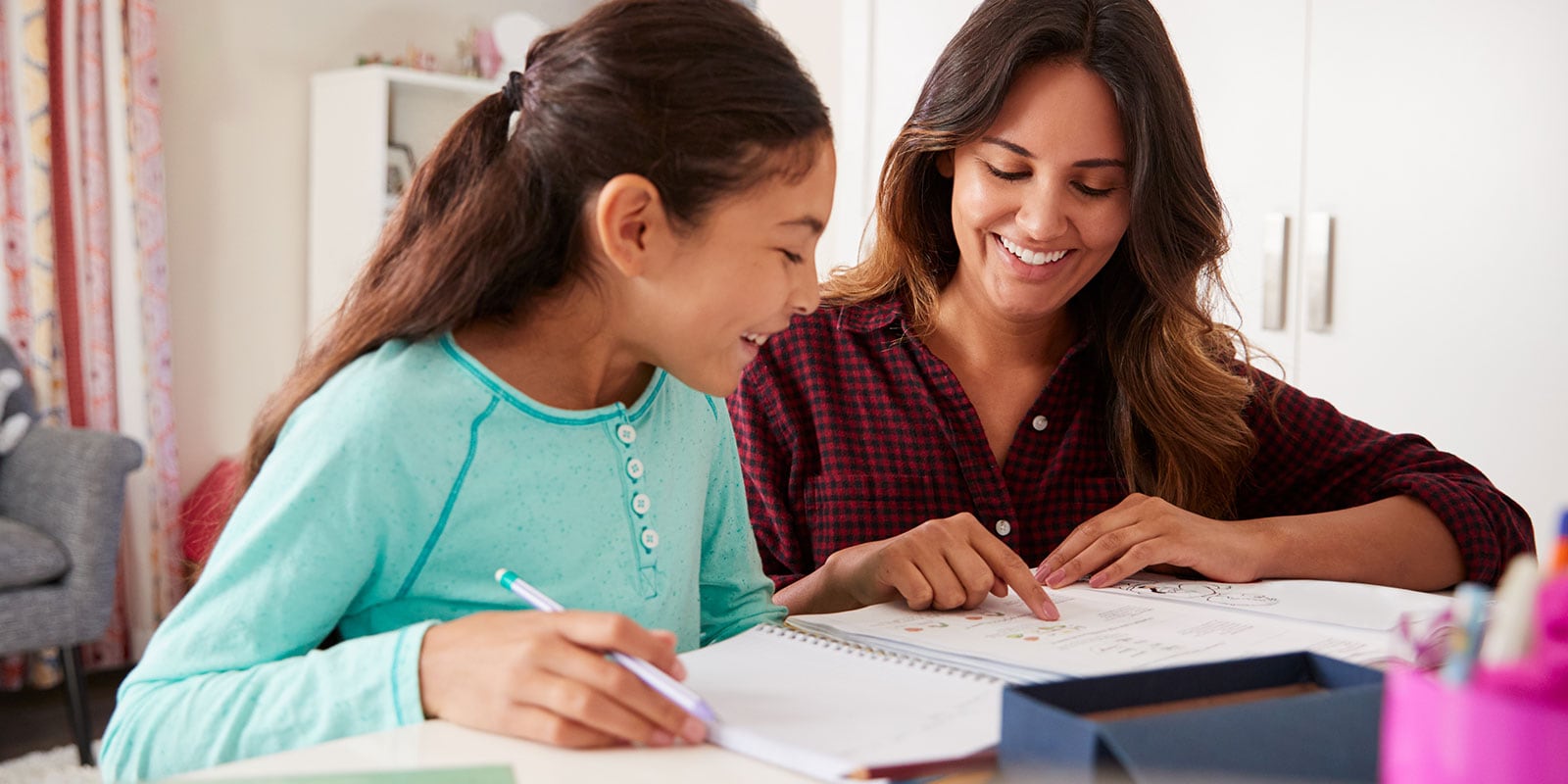
Five ways to build bridges with parents
How to improve communications with parents and guardians to support students’ well-being.
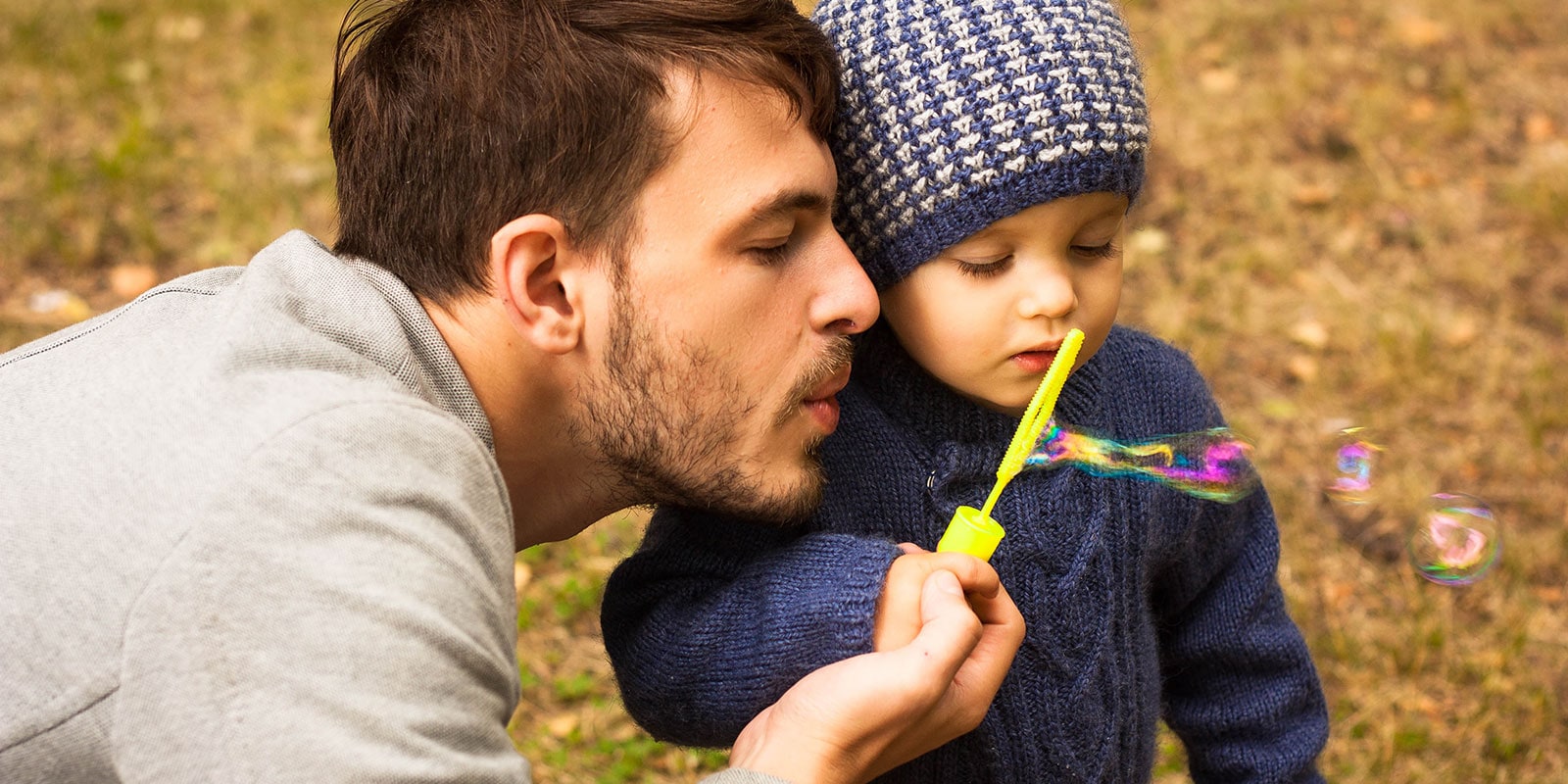
Episode 1
Say it with me: How to help children with speech and language delays
We’re joined by Patricia Ybarra, a certified speech-language pathologist and Pearson research director. Together, we’ll discuss speech and language milestones, educator and caregiver roles in supporting children with delays, how to talk with caregivers about delays, and complementary activities and resources for families.
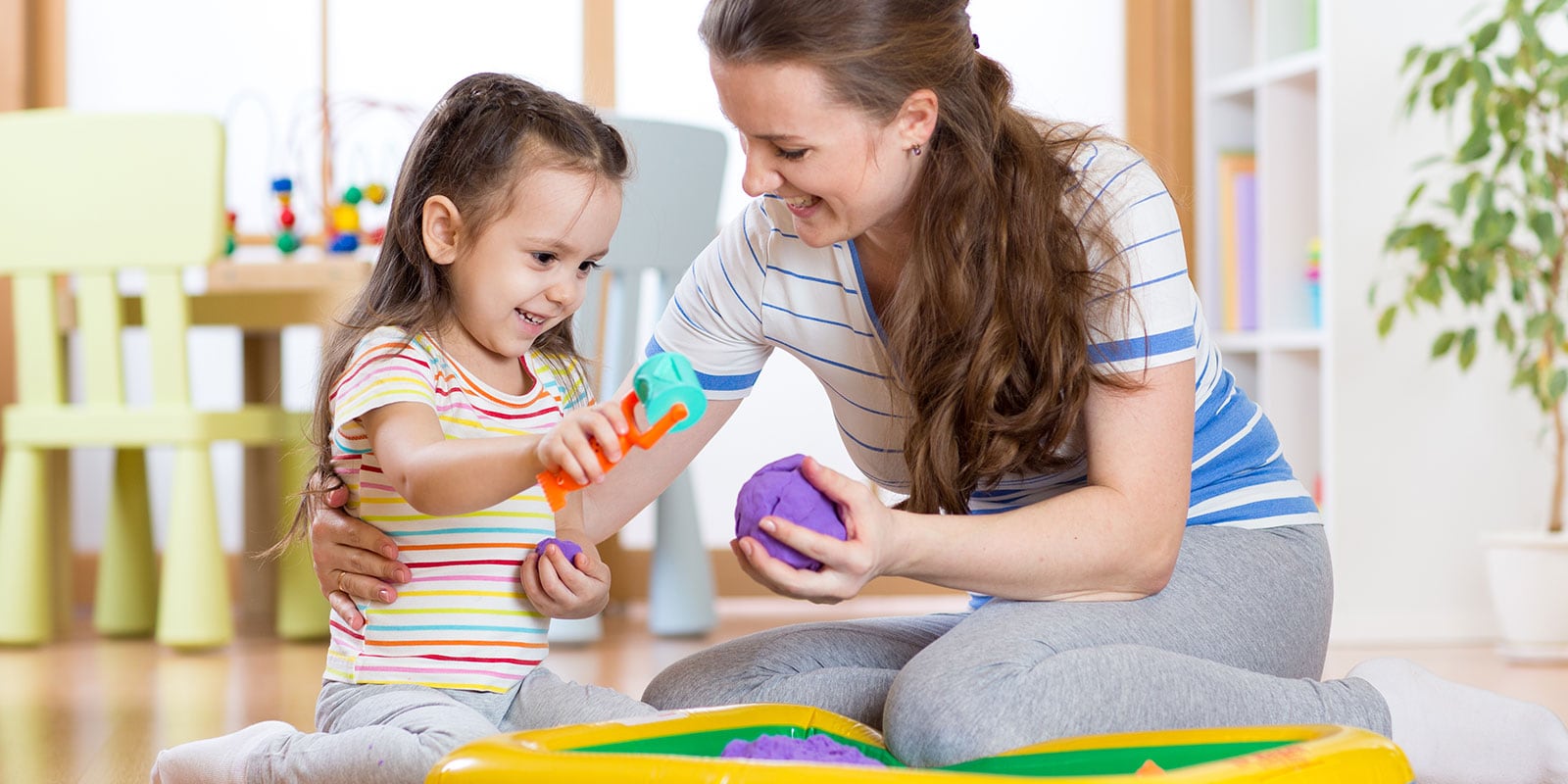
Episode 2
Ready, set, go! How educators and caregivers can improve kindergarten readiness
We’re joined by Selina Oliver, a Nationally Certified School Psychologist and Pearson assessment consultant. Together, we’ll discuss how educators can converse and collaborate with caregivers, the pros and cons of starting kindergarten at a later age, and the impact of early childhood education funding and national trends.
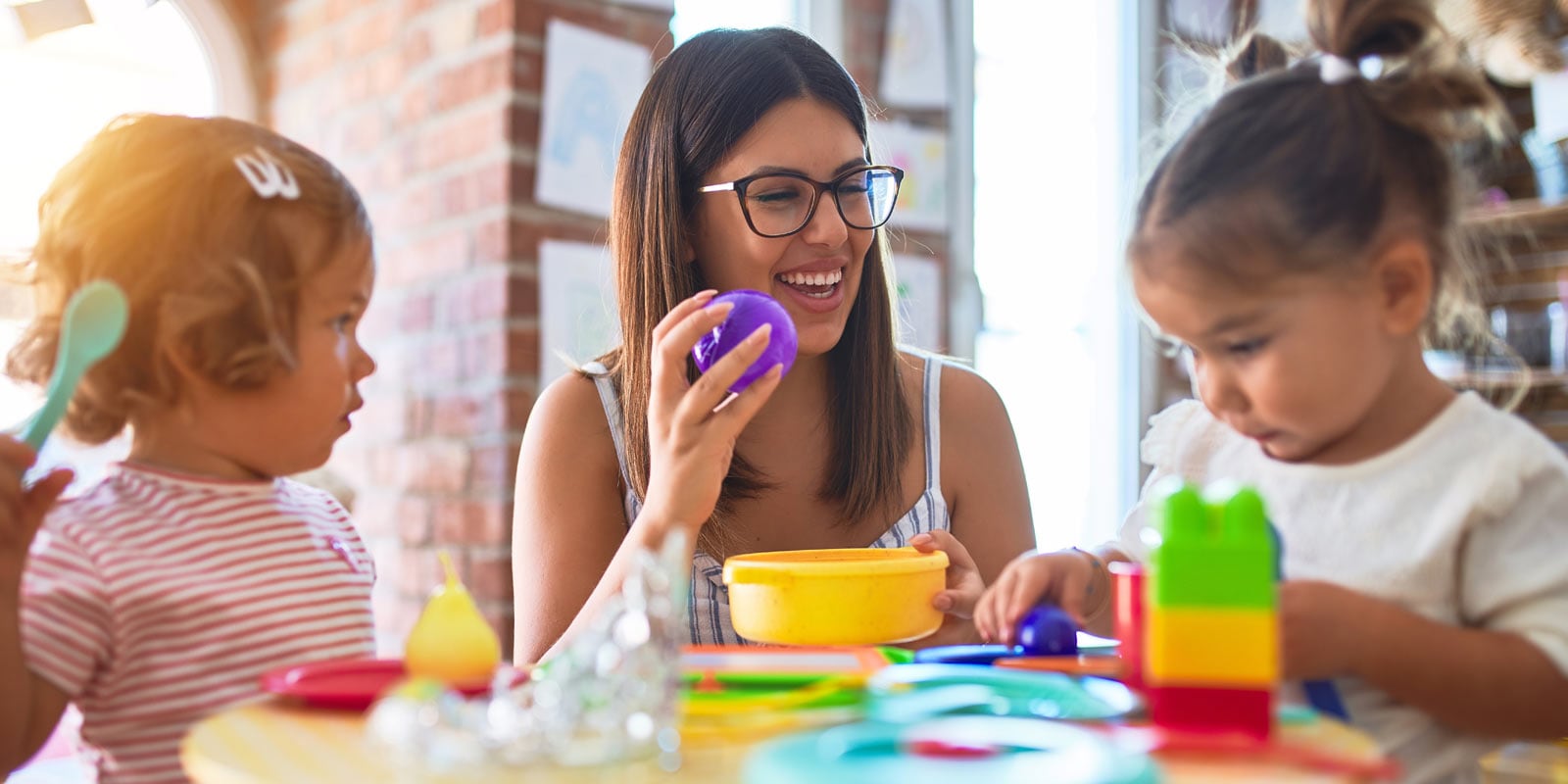
The ABCs of assessments
Assessments can help distinguish individuality or preferences from potential issues that might require intervention.
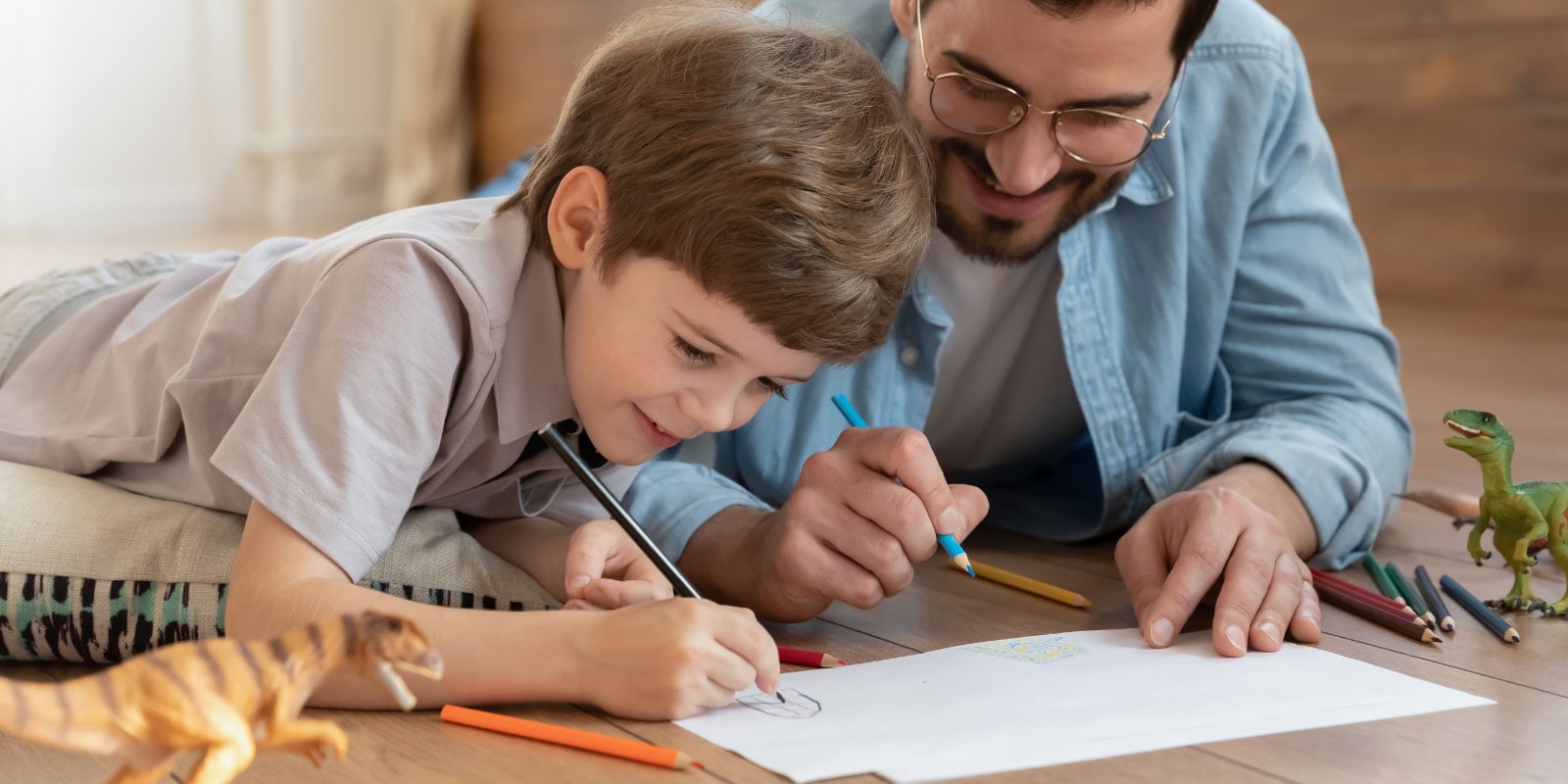
Ready, Set, Go!
Kindergarten readiness comprises many different skills. Read how educators and caregivers can work together to close the gap.
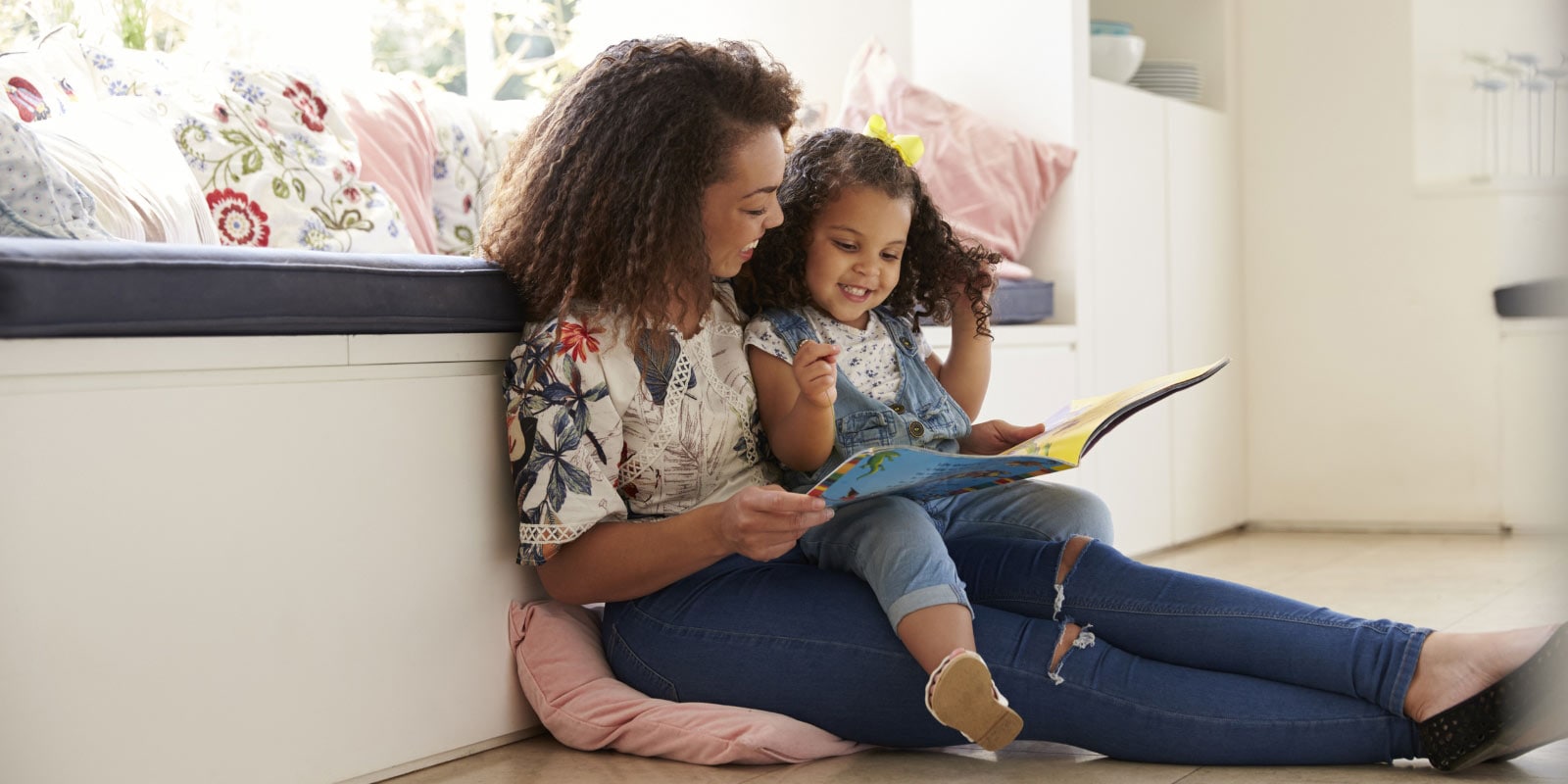
Say it with me
Discussing a developmental delay can be a sensitive conversation, so it's important that educators connect with families in a way that considers the caregivers' needs.
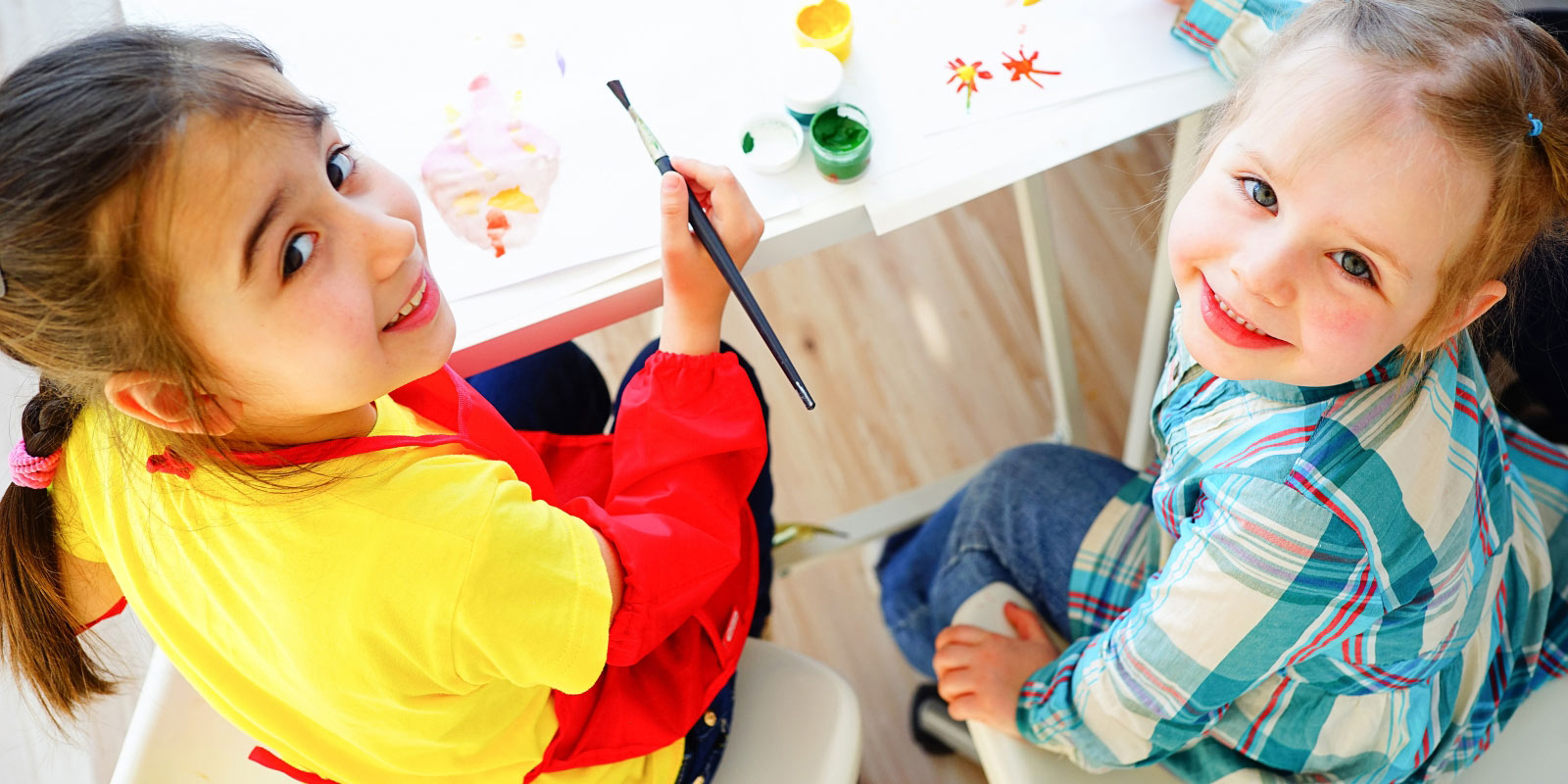
Beyond the ABCs
We’ve heard a lot over the past few years about the ongoing mental health crises affecting students and young people. Read on for what educators and caregivers can do.
CELF Preschool-3: Assessing Language Skills Needed for Success in the Classroom
Learn about the language skills children need to success in their Pre-K or K-2 classrooms.
A Team Approach to Evaluating and Nurturing Early Childhood Development
Delve into the multi-faceted landscape of early childhood assessment and the importance of collaboration and partnership in ensuring positive outcomes for young learners.
BBCS-4:R & BSRA-4: Assessing Concept Knowledge for School Readiness
Concept knowledge is a powerful predictor of language development, cognitive functioning, and school readiness. Results of the BBCS-4: R and BSRA-4 are important for psychologists, speech-language pathologists, and early childhood professionals who assess developmental delays and educators seeking to determine a child's school readiness.


